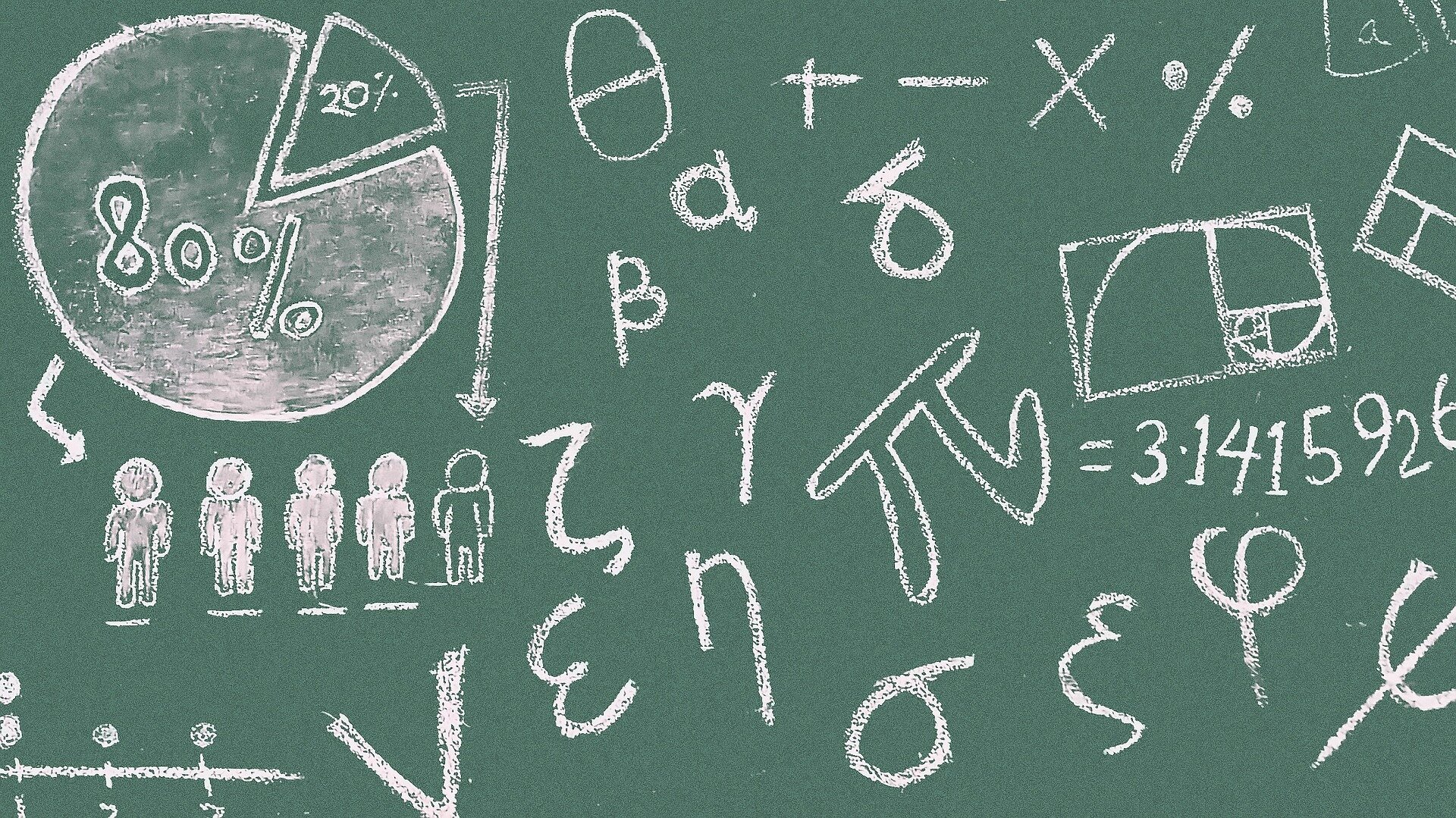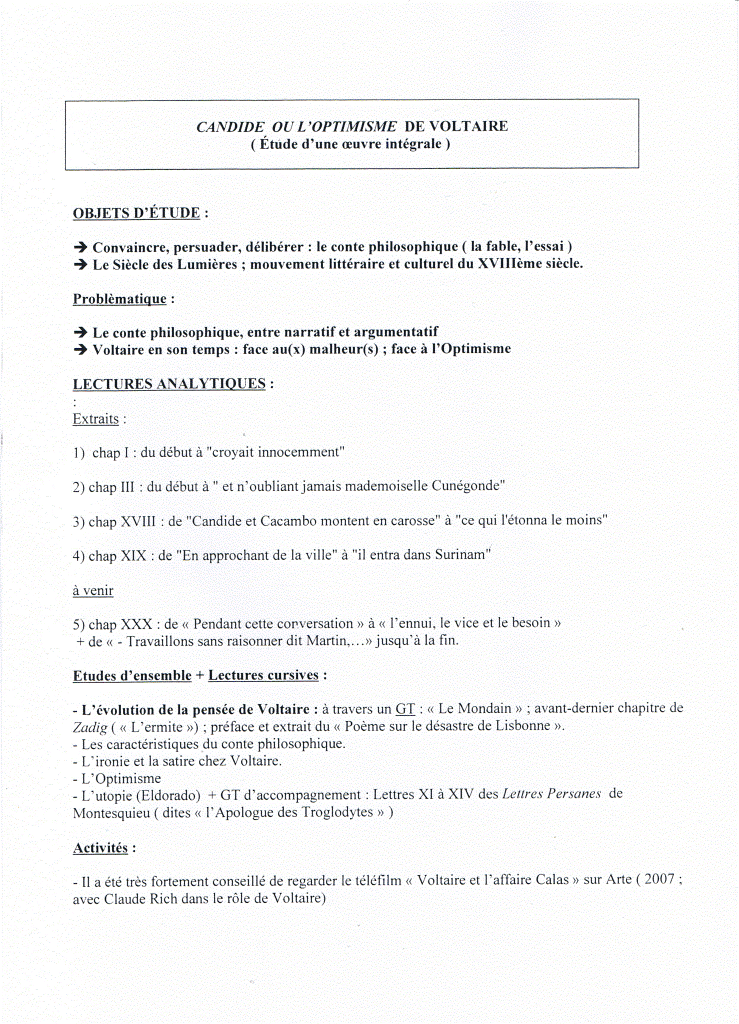Mastering The Grand Oral Maths Subject: Your Ultimate Guide
Hey there, math enthusiasts! If you're diving into the world of Grand Oral Maths, you're about to uncover a treasure trove of knowledge and strategies that’ll help you ace this critical component of your academic journey. The Grand Oral Maths subject is not just another math test; it's a platform where you showcase your analytical thinking, problem-solving skills, and communication prowess. Let’s break it down and make it super clear for ya!
So, what exactly is the Grand Oral Maths subject? Think of it as the ultimate test of how well you can explain complex mathematical concepts in a way that’s easy to understand. It’s like being the math teacher for a day, but with a twist – you need to make sure your audience (the examiners) is fully engaged and impressed. And trust me, that’s not as easy as it sounds!
Whether you’re a student preparing for this big moment or someone curious about the ins and outs of this subject, you’re in the right place. We’re going to explore everything from the basics to advanced tips that’ll help you shine during your Grand Oral Maths presentation. Let’s get started!
- Allume Mon Feu Your Ultimate Guide To Igniting Passion And Connection
- Unveiling Esperanca Nue A Journey Into The World Of Passion And Resilience
Understanding the Grand Oral Maths: What’s the Big Deal?
What Exactly is Grand Oral Maths?
Let’s get into the nitty-gritty. The Grand Oral Maths is essentially a verbal examination where you present a mathematical topic or problem. It’s not just about solving equations; it’s about explaining the "why" and "how" behind the solutions. Imagine you’re explaining math to someone who’s not as nerdy about numbers as you are. You gotta make it relatable and engaging.
For instance, if you’re talking about calculus, don’t just throw formulas at your audience. Break it down into real-world applications, like how it helps engineers design bridges or how it predicts the motion of planets. That’s what makes this subject so cool and challenging at the same time.
Why is the Grand Oral Maths Important?
Okay, here’s the deal – the Grand Oral Maths isn’t just a test of your math skills. It’s a test of your communication skills, your ability to think critically, and your capacity to connect mathematical concepts with real-life situations. It’s like the ultimate combo of math and public speaking. And guess what? Employers and universities love candidates who can do that!
- Why The Asics Gelnyc Rose Is Every Runners Dream Shoe
- Recharge Tiktok Coins The Ultimate Guide To Boosting Your Virtual Currency
In today’s world, it’s not enough to be good at math. You need to be able to explain your thought process, defend your solutions, and make complex ideas accessible to others. That’s why the Grand Oral Maths is such a big deal. It prepares you for the real world, where math isn’t just about numbers; it’s about solving problems and making informed decisions.
Preparing for the Grand Oral Maths: Tips and Tricks
Step 1: Choose the Right Topic
Picking the right topic is half the battle won. You want something that’s challenging enough to showcase your skills but not so complex that you lose your audience. For example, if you’re passionate about geometry, go for a topic that allows you to explore its applications in architecture or design. If algebra is your jam, talk about how it’s used in cryptography or coding.
Remember, your topic should reflect your strengths and interests. It’s much easier to explain something you’re genuinely excited about than something you’re forced to study. So, take your time and choose wisely!
Step 2: Structure Your Presentation
Now that you’ve got your topic, it’s time to structure your presentation. Think of it like building a house – you need a solid foundation, strong walls, and a roof that ties everything together. Here’s a simple structure you can follow:
- Introduction: Start with a hook – something that grabs your audience’s attention. It could be a fun fact, a real-world example, or even a question.
- Body: Break down your topic into smaller sections. Explain the key concepts, provide examples, and show how they relate to real-life situations.
- Conclusion: Summarize your main points and leave your audience with a memorable takeaway. Maybe a quote, a thought-provoking question, or a call to action.
By following this structure, you ensure that your presentation flows smoothly and keeps your audience engaged from start to finish.
Step 3: Practice, Practice, Practice
You’ve heard it before, and you’ll hear it again – practice makes perfect. The more you practice, the more confident you’ll feel during the actual presentation. Try explaining your topic to friends, family, or even your pet. The key is to get comfortable talking about your subject without relying too much on notes.
Also, record yourself while practicing. It might feel a bit awkward at first, but it’s a great way to identify areas where you can improve. Are you speaking too fast? Is your voice monotone? Do you use too many filler words like "um" or "like"? These are all things you can work on to make your presentation smoother and more engaging.
Common Mistakes to Avoid
1. Overloading Your Audience with Information
One of the biggest mistakes students make is trying to cram too much information into their presentation. Remember, quality over quantity. Focus on a few key points and explain them thoroughly rather than rushing through a long list of topics.
2. Ignoring the Audience
Your presentation isn’t just about you; it’s about your audience too. Make eye contact, ask questions, and encourage interaction. This not only makes your presentation more engaging but also shows that you’re confident and prepared.
3. Skipping the Rehearsal
Skipping practice sessions is a recipe for disaster. Even if you think you know your topic inside out, there’s always room for improvement. Rehearsing helps you anticipate potential questions, refine your delivery, and boost your confidence.
Advanced Strategies for Success
1. Use Visual Aids Wisely
Visual aids like diagrams, charts, and videos can be powerful tools in your presentation. They help break down complex concepts and keep your audience engaged. Just make sure they’re relevant and don’t overshadow your explanation.
2. Anticipate Questions
Think about the questions your audience might ask and prepare answers in advance. This shows that you’ve done your homework and are ready to defend your ideas. It also gives you a chance to showcase your depth of knowledge and critical thinking skills.
3. Stay Calm Under Pressure
Let’s face it – public speaking can be nerve-wracking. But the key is to stay calm and composed. Take deep breaths, speak clearly, and remember that it’s okay to make mistakes. Even the best mathematicians stumble sometimes!
Real-World Applications of Grand Oral Maths
1. Engineering
Mathematics is the backbone of engineering. From designing skyscrapers to building bridges, engineers rely heavily on mathematical principles. The Grand Oral Maths helps you understand how these principles are applied in real-world situations.
2. Economics
Economists use math to analyze data, predict trends, and make informed decisions. By mastering the Grand Oral Maths, you’ll be better equipped to explain complex economic concepts in a way that’s accessible to others.
3. Technology
From coding to data analysis, math plays a crucial role in the tech industry. The Grand Oral Maths prepares you to communicate these technical concepts to non-technical audiences, a skill that’s highly valued in today’s digital world.
Data and Statistics to Support Your Journey
According to a study by the National Center for Education Statistics, students who excel in math are more likely to succeed in STEM fields. Additionally, a survey conducted by the Mathematical Association of America found that employers highly value communication skills in math graduates. These stats highlight the importance of mastering the Grand Oral Maths and how it can positively impact your future career.
Final Thoughts and Call to Action
There you have it – a comprehensive guide to mastering the Grand Oral Maths subject. From understanding the basics to implementing advanced strategies, we’ve covered everything you need to know to ace this critical component of your academic journey. Remember, the Grand Oral Maths isn’t just about math; it’s about communication, critical thinking, and problem-solving.
So, what are you waiting for? Start preparing, practice regularly, and don’t forget to have fun while you’re at it. And hey, if you found this article helpful, don’t forget to share it with your friends and leave a comment below. Let’s create a community of math enthusiasts who support and inspire each other!
Table of Contents:
- Mastering the Grand Oral Maths Subject: Your Ultimate Guide
- Understanding the Grand Oral Maths: What’s the Big Deal?
- What Exactly is Grand Oral Maths?
- Why is the Grand Oral Maths Important?
- Preparing for the Grand Oral Maths: Tips and Tricks
- Step 1: Choose the Right Topic
- Step 2: Structure Your Presentation
- Step 3: Practice, Practice, Practice
- Common Mistakes to Avoid
- 1. Overloading Your Audience with Information
- 2. Ignoring the Audience
- 3. Skipping the Rehearsal
- Advanced Strategies for Success
- 1. Use Visual Aids Wisely
- 2. Anticipate Questions
- 3. Stay Calm Under Pressure
- Real-World Applications of Grand Oral Maths
- 1. Engineering
- 2. Economics
- 3. Technology
- Data and Statistics to Support Your Journey
- Final Thoughts and Call to Action



Detail Author:
- Name : Beth Muller V
- Username : makenzie19
- Email : hagenes.berniece@buckridge.com
- Birthdate : 1973-03-02
- Address : 48695 Richie Run Suite 193 Weberport, VA 84864
- Phone : +1-940-506-4244
- Company : Waelchi-Terry
- Job : Middle School Teacher
- Bio : Eaque sint hic aut velit. Eveniet sunt ab dolores autem voluptas et dolores. Deleniti qui ex magni velit qui sunt esse ipsum. Rerum ut rem et aut. Occaecati perferendis sunt esse voluptatibus.
Socials
linkedin:
- url : https://linkedin.com/in/mosciskis
- username : mosciskis
- bio : Nemo dicta occaecati eos.
- followers : 2557
- following : 844
instagram:
- url : https://instagram.com/smosciski
- username : smosciski
- bio : Magni ad modi dolores velit voluptatum reiciendis. Velit amet odit nulla ut perspiciatis.
- followers : 6741
- following : 1225
tiktok:
- url : https://tiktok.com/@selena4308
- username : selena4308
- bio : Rerum quas non vel aut rerum dolore voluptatibus.
- followers : 6788
- following : 1592